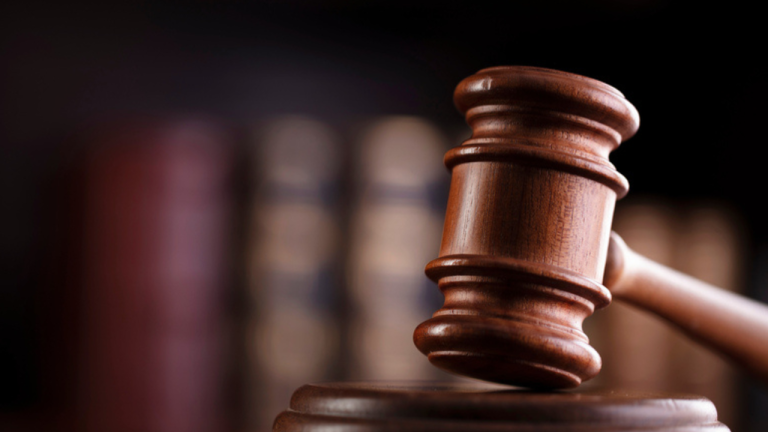US Regulator to Continue Going After Crypto Entities Despite Court Setbacks — Expert

The U.S. Securities and Exchange Commission is unlikely to issue clear guidelines on the application of the law against the crypto industry before its case against Ripple is finalized, an industry expert has said. The U.S. securities regulator only needs to provide “additional facts” to prove that secondary sales of crypto assets are illegal.
Industry Expert: SEC to Continue Bringing Enforcement Actions Against Crypto Entities
According to Terrence Yang, the managing director of Swan Bitcoin IRA, the U.S. securities regulator, the Securities and Exchange Commission (SEC), is unlikely to issue clear guidance on how the law applies to the crypto industry before the finalization of its case against Ripple. Instead, the SEC is likely to continue bringing enforcement actions against crypto companies it believes to be in violation of securities laws, Yang warned.
The remarks by Yang came just a few weeks after the U.S. regulator withdrew its suit against Ripple executives Brad Garlinghouse and Christian Larsen. In a letter to Judge Torres, the SEC said it was voluntarily dismissing its claims against the two Ripple Labs executives. According to the regulator, the move obviates the need for a trial and “moots the October 3, 2023, scheduling order.”
Before that, the SEC had seemingly waived its right to appeal another court ruling in favor of Grayscale. While commentators have speculated that the SEC’s string of court setbacks are likely to force a change in approach, the Swan Bitcoin boss believes a higher court can still overturn Judge Torres’ ruling.
Judge Torres’ Ruling Brings Some Clarity
Meanwhile, in written answers sent to Bitcoin.com News, Yang nevertheless pointed to how Judge Torres’ ruling has helped provide some clarity.
“This ruling is significant for the crypto industry because it provides some clarity on how the SEC views primary and secondary sales of crypto assets. In the past, all sales of crypto assets that met the Howey Test [were deemed to be] securities, regardless of whether they were primary or secondary sales,” Yang said.
The managing director, however, still told Bitcoin.com News that the ruling in its current form suggests that the securities regulator will only need to provide “additional facts” when attempting to prove that secondary sales of crypto assets are illegal.
Concerning the strength of Coinbase’s arguments and prospects in its own case against the SEC, Yang said the ruling can go either way. However, should the court rule in favor of the crypto exchange, this could lead to more “innovation and growth in the industry,” Yang argued. In addition, such a victory could lead to “far more pumping and dumping on, and scamming of, US retail investors.”
A win for the SEC, on the other hand, could be a signal that the agency is serious about regulating the cryptocurrency industry. It also potentially means less harm to U.S. crypto investors, Yang added.
What are your thoughts on this story? Let us know what you think in the comments section below.